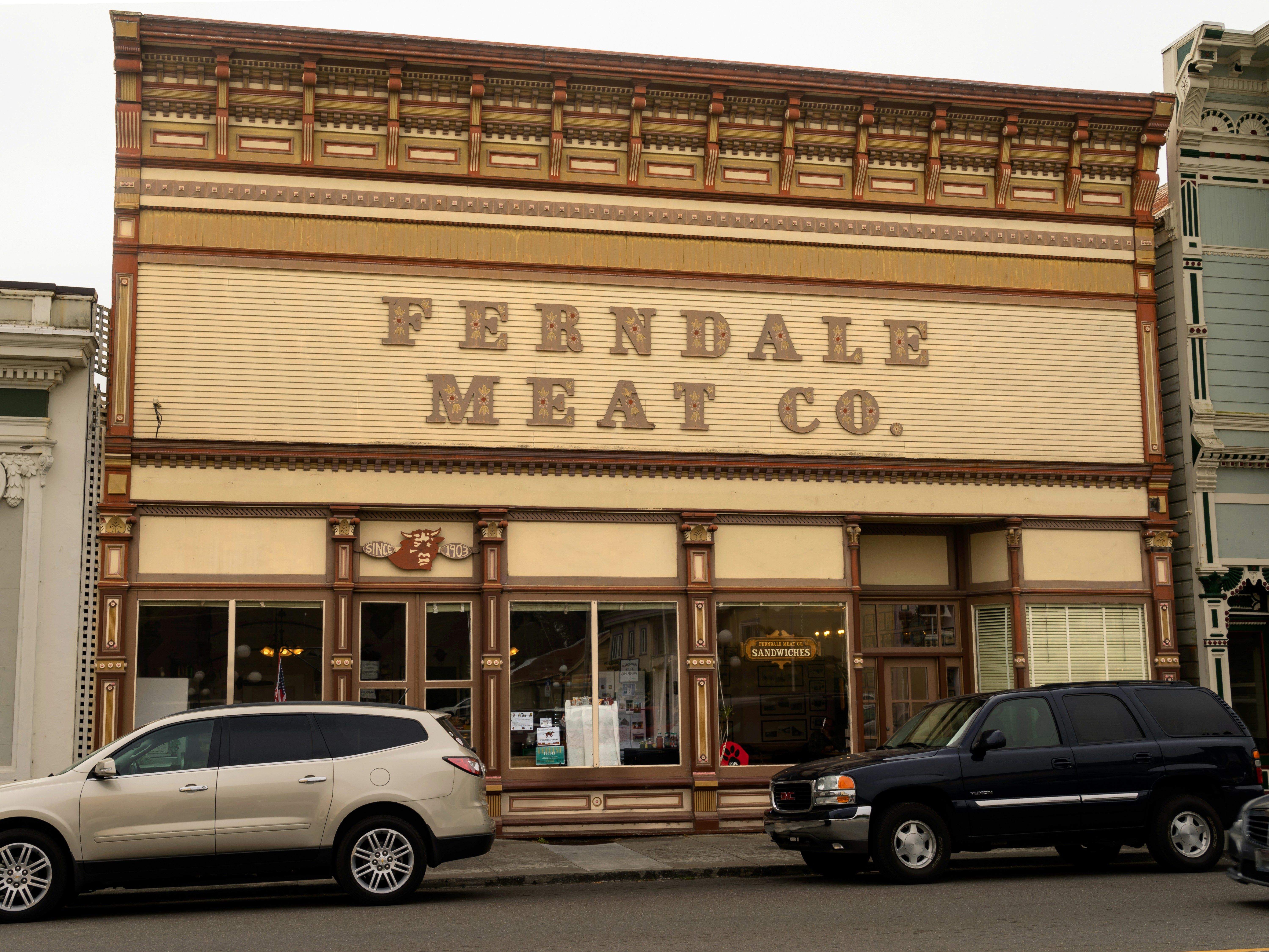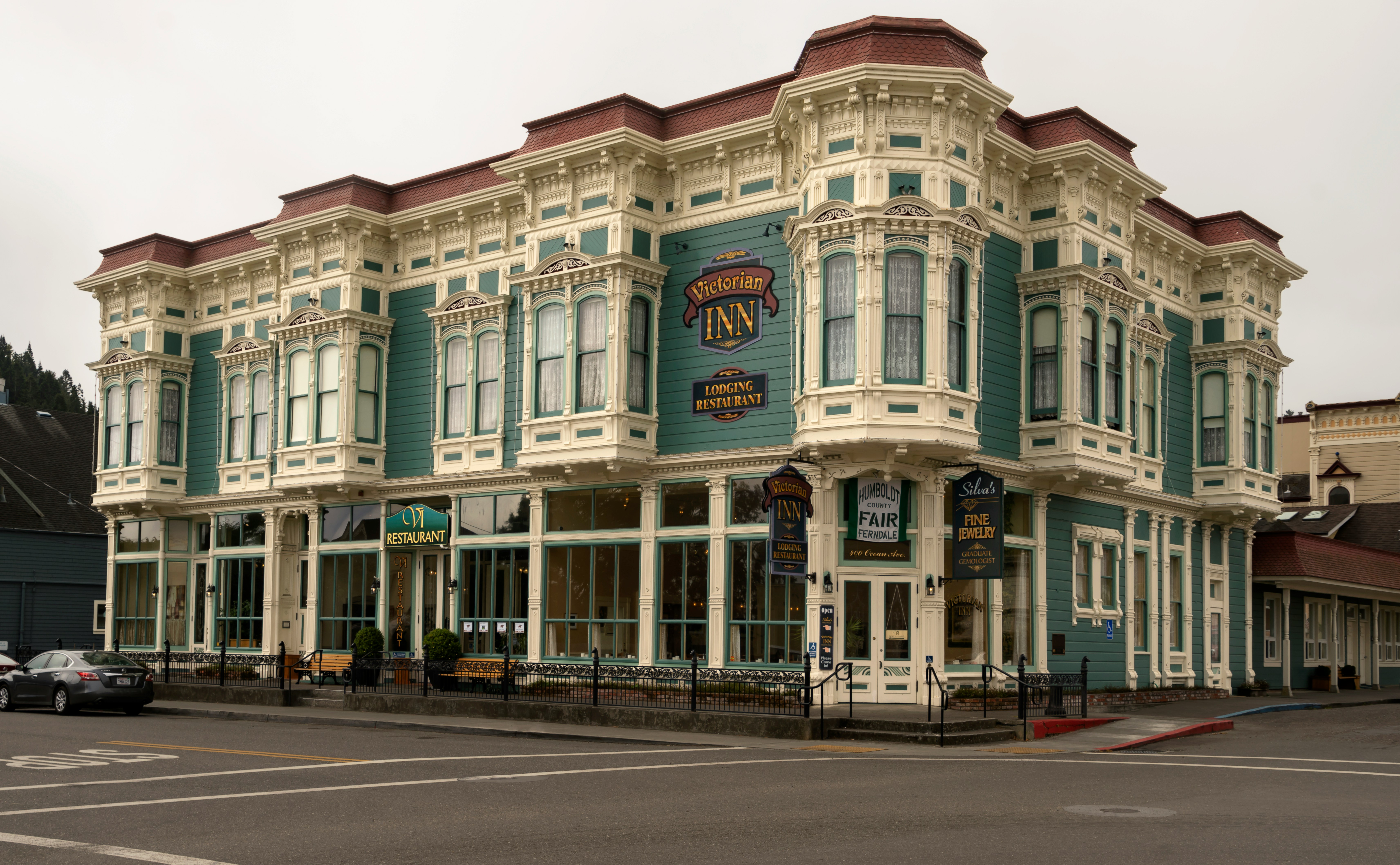
Picture this: you're driving through a small town you've never visited before, and you spot a weathered sign reading "Mabel's Diner - Est. 1952" next to a quirky antique shop with mismatched lawn ornaments scattered out front. Without thinking, you slow down, pull over, and find yourself stepping into a world that feels completely different from the chain restaurants and big box stores you left behind on the highway.
There's something almost magnetic about these little town roads lined with mom and pop shops, hometown restaurants, and tchotchke stores that seem to exist in their own pocket of time. But what exactly draws us to these places, and why do they feel so much more meaningful than their corporate counterparts?
In a world of identical strip malls and carefully focus-grouped brand experiences, authentic local businesses feel like discovering buried treasure. When you walk into a diner where the owner's grandmother's recipe still determines how the apple pie is made, or browse a gift shop where the proprietor hand-selects every quirky item, you're experiencing something that can't be replicated or franchised.
These places have what corporate chains spend millions trying to manufacture: genuine character. The slightly crooked picture frames, the handwritten daily specials, the collection of random knick-knacks that somehow all make sense together—these aren't design choices made by a corporate committee. They're the natural evolution of real people creating spaces that reflect their personalities and serve their communities.
Every mom and pop establishment is a repository of stories. The cafe where three generations have worked behind the counter. The antique shop where the owner can tell you the history of every vintage piece. The bookstore where the cat has been greeting customers for twelve years and somehow knows exactly which shelf you need to browse.
These stories aren't marketing copy—they're lived experiences that create emotional connections between places and people. When the restaurant owner remembers that you prefer your coffee black and asks about your daughter's soccer season, you're not just a customer anymore. You're part of a continuing narrative.
Corporate chains eliminate surprise by design. Walk into any major restaurant chain in Miami or Minneapolis, and you'll find the same menu, same décor, same experience. It's predictable, which is comforting in its own way, but it's also completely devoid of discovery.
Little town roads offer the opposite: delightful unpredictability. You never know if you'll stumble upon the best pie of your life, find the perfect vintage lamp for your living room, or discover a bookstore with an entire section devoted to local ghost stories. These moments of serendipity create memories that last far longer than efficient corporate transactions.
There's something profoundly different about doing business at human scale. When you buy a coffee from a chain, you're one of millions of identical transactions. When you buy coffee from Joe's Corner Cafe, you're supporting Joe's ability to send his kids to college, keep his grandmother's recipes alive, and maintain a gathering place for his community.
This human scale creates a different kind of value exchange. You're not just buying a product or service—you're participating in someone's dream, someone's legacy, someone's contribution to their community. The stakes feel more real because they are more real.
Perhaps most importantly, these local businesses offer a kind of curation you can't find anywhere else. The gift shop owner who stocks items that make her smile, not items that tested well with focus groups. The restaurant that serves what the family loves to cook, not what market research says is trending. The bookstore owner who recommends books based on actual conversations with you, not algorithmic analysis of your purchase history.
This personal curation creates discovery experiences that feel tailored and meaningful. When someone with genuine expertise and personal investment makes recommendations, those suggestions carry weight. They're not trying to optimize for quarterly profits—they're trying to share something they believe you'll genuinely love.
These main street businesses don't exist in isolation—they create ecosystems of local discovery. The antique shop owner knows which restaurant has the best lunch special. The diner waitress can tell you which shops are worth browsing. The bookstore hosts events that bring the community together.
This interconnected web of local knowledge creates discovery opportunities that apps and algorithms can't replicate. You might go in looking for a gift and leave with dinner recommendations, a new favorite author, and an invitation to next week's town festival.
In our increasingly digital and corporate world, these pockets of authentic local business become even more precious. They remind us that commerce can be personal, that businesses can have souls, and that the best discoveries often happen when we step off the beaten path.
But here's the thing: these places are fragile. They depend on people choosing to seek them out, to value character over convenience, to prioritize authentic experiences over efficient transactions. Every visit, every recommendation, every social media post helps these businesses continue existing in a world designed to favor their corporate competitors.
This is where the power of personal recommendations becomes crucial. The best way to discover these hidden gems isn't through review sites or travel guides—it's through people who have actually experienced them. Your friend who grew up in that town and knows which diner makes the real deal biscuits and gravy. Your colleague who discovered an amazing pottery shop during a weekend road trip. Your aunt who swears by the antique store where she found that perfect vintage mirror.
These personal recommendations come with context, stories, and genuine enthusiasm that no algorithm can match. They help us find not just good businesses, but businesses that align with our values and interests.
There's a unique satisfaction that comes from supporting a small business owner's dream. When you buy that handmade candle or eat at that family restaurant, you're not just making a purchase—you're voting for a world where individual creativity and community connection matter.
Every small business represents someone's belief that they can create something valuable for their community. When we seek out and support these places, we're helping to preserve a form of commerce that prioritizes relationships over transactions, character over efficiency, and community over profit margins.
The magic of little town roads isn't limited to actual small towns. Every community has its own version of this authentic local spirit—the neighborhood cafe that knows your order, the family-run shop that's been serving the community for decades, the restaurant where the owner's passion for their craft shows in every dish.
The key is learning to recognize and seek out these places, to value the stories they tell and the connections they create. In a world of infinite options and algorithmic recommendations, sometimes the most meaningful discoveries come from following the hand-painted signs to places where people still believe in the magic of doing business one relationship at a time.
